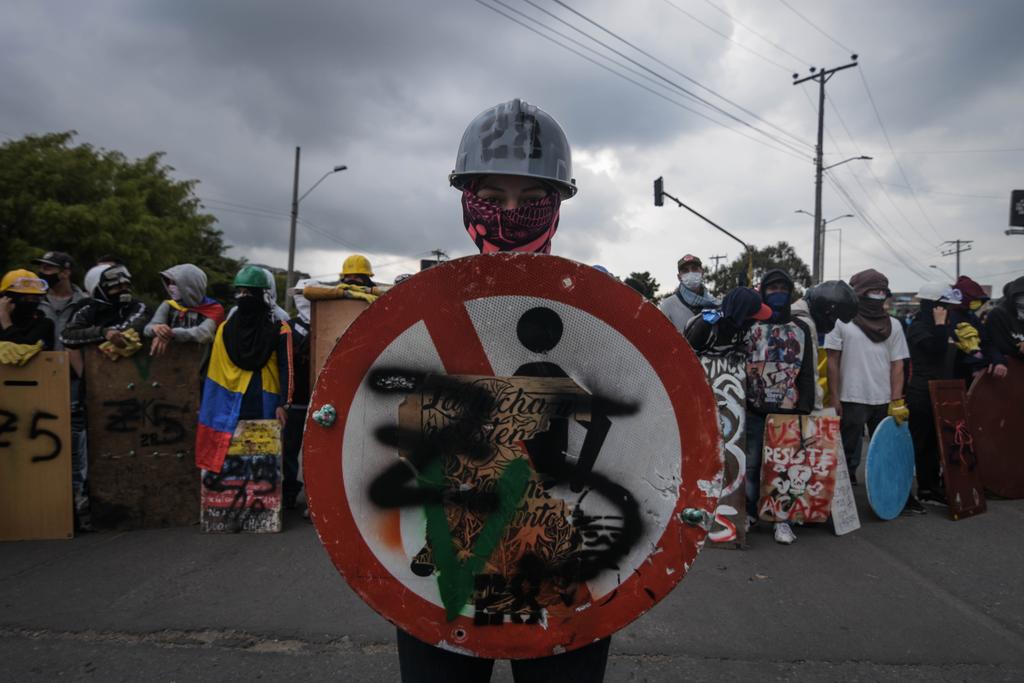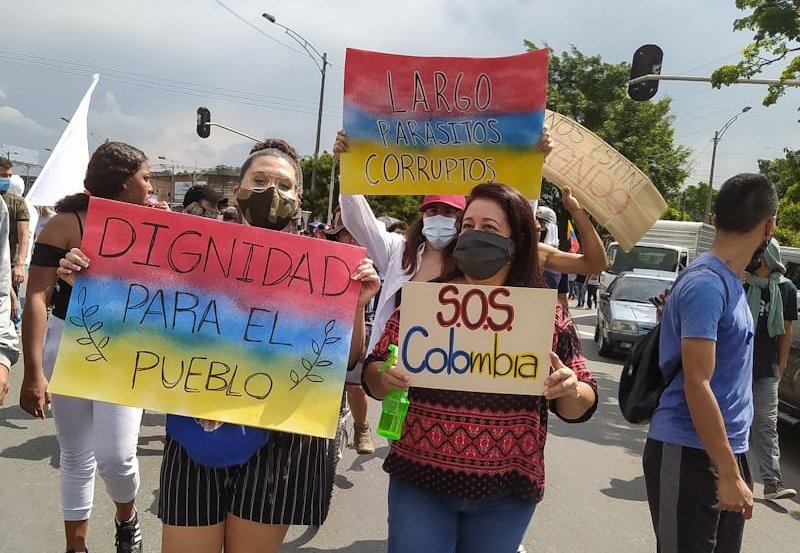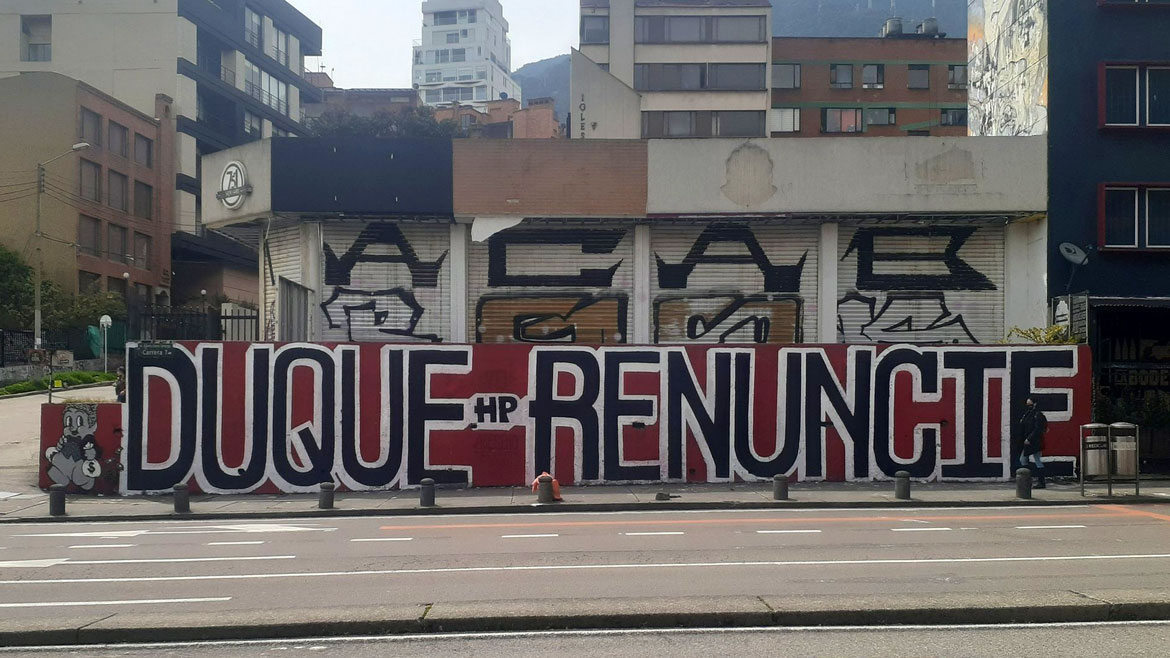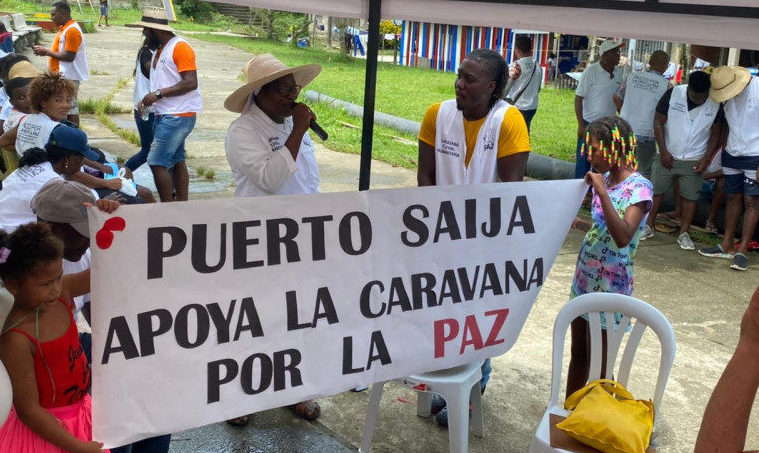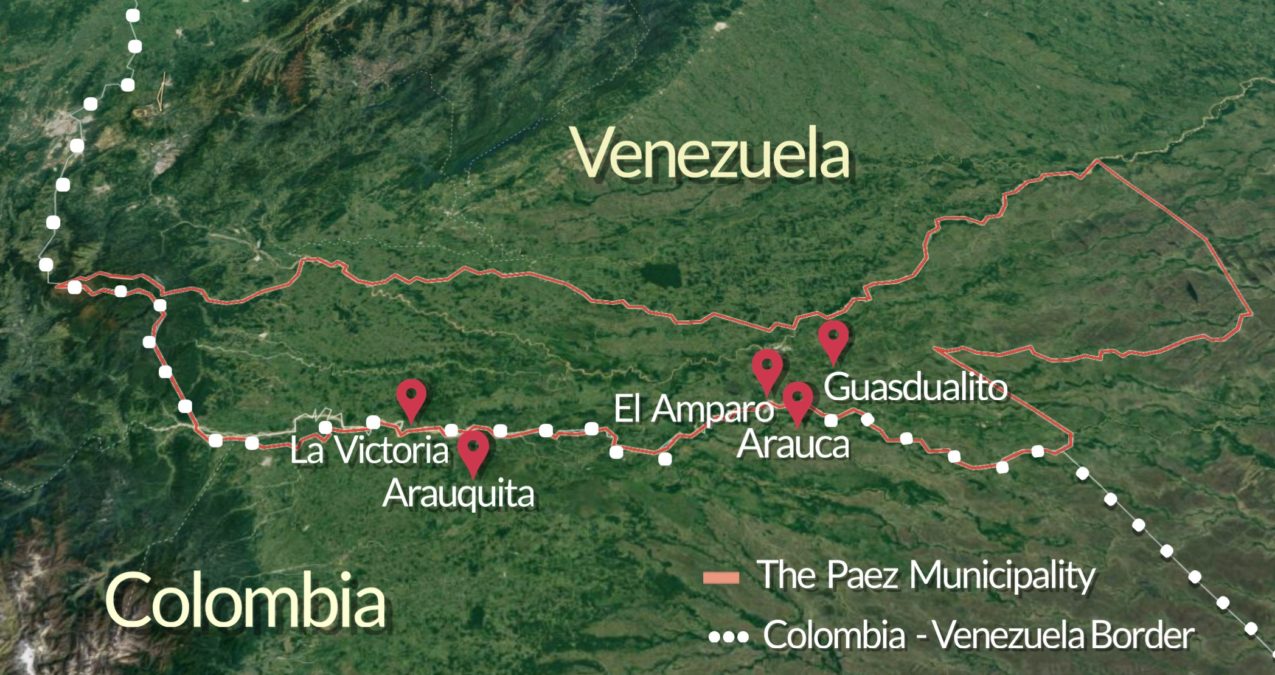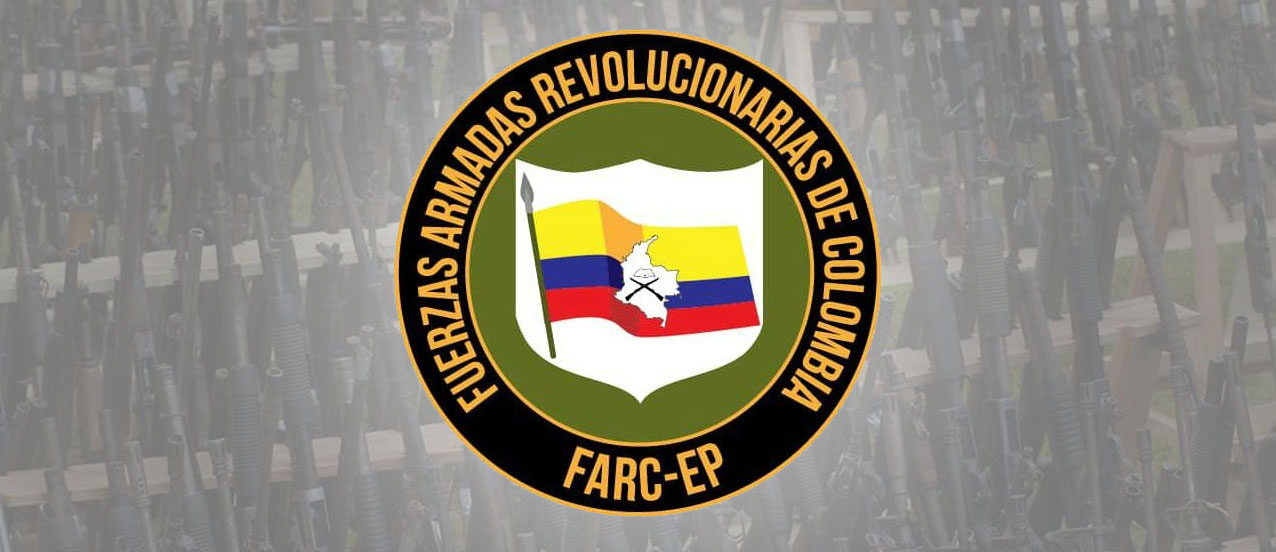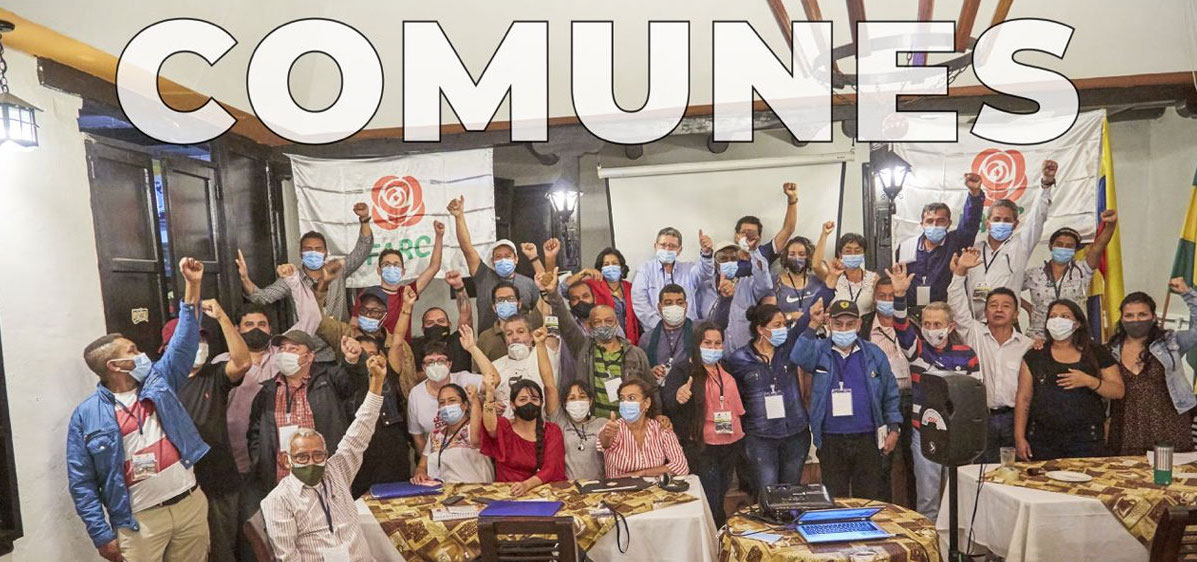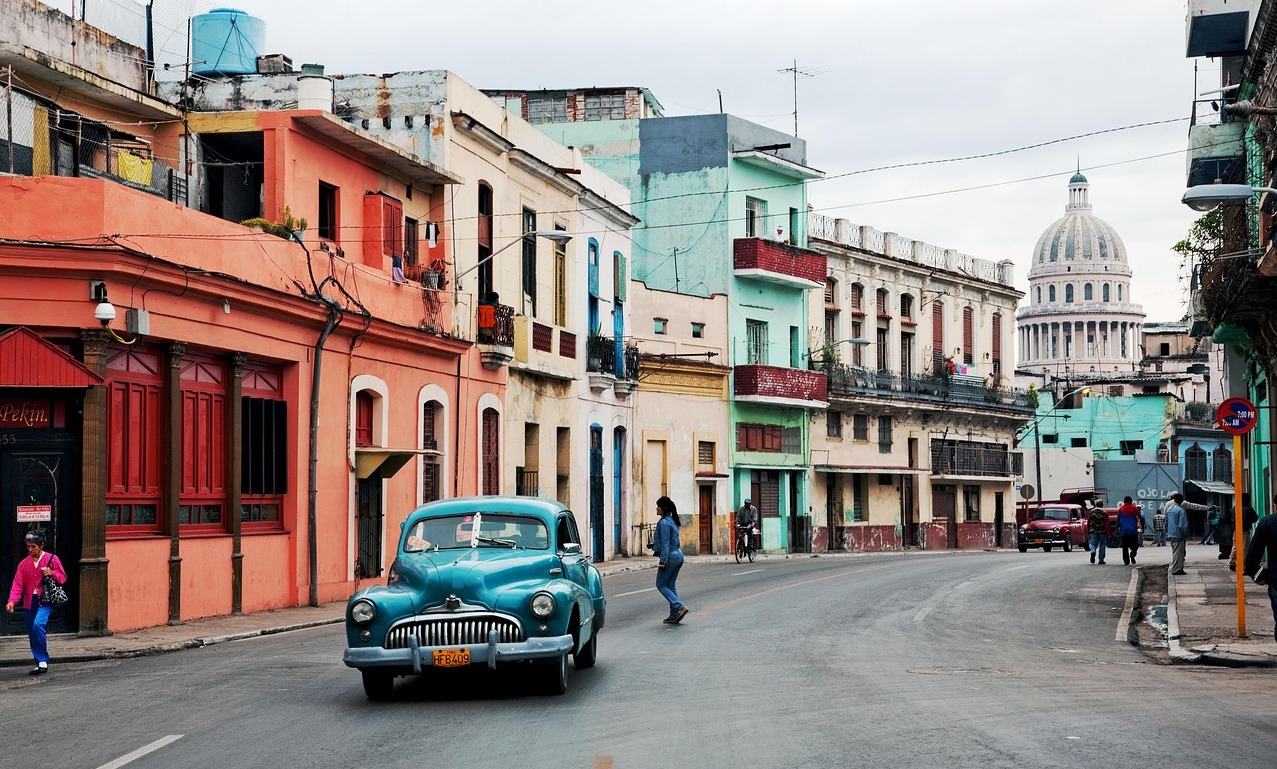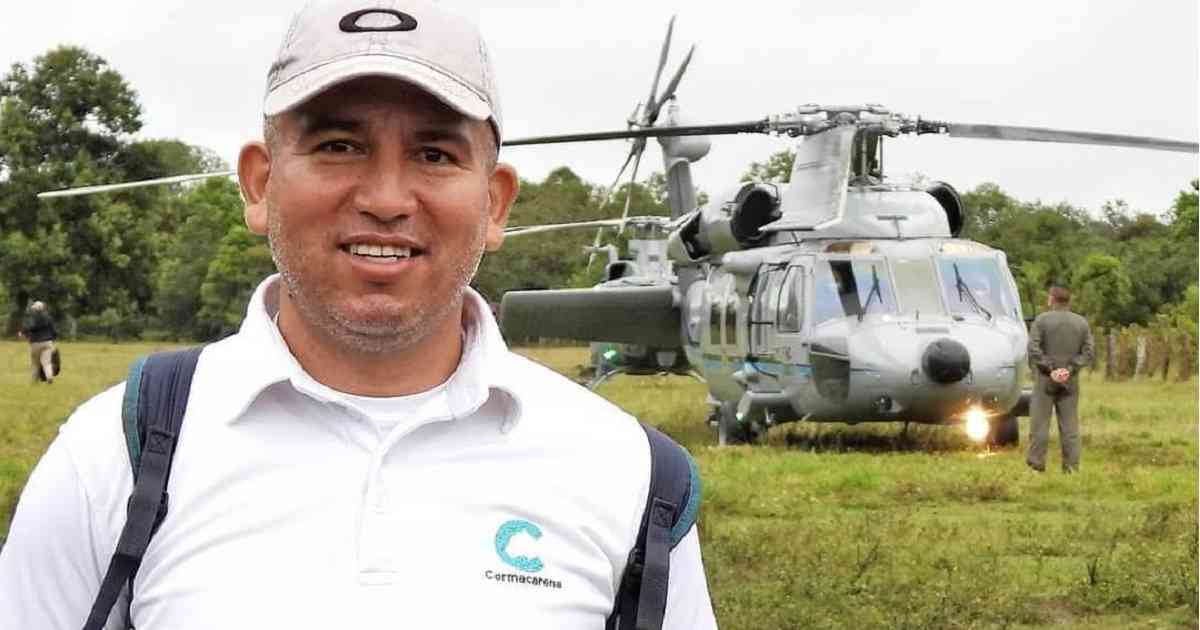Colombia: ex-prez apologizes for ‘false positives’
Colombia’s ex-president Juan Manuel Santos, who won a Nobel Peace Prize for bringing an end to the country’s long internal war, publicly apologized for his role in the practice of “false positives“—extrajudicial executions by the armed forces, in which the victims were reported as guerillas slain in combat. The apology came in testimony before Colombia’s Truth Commission, created under the peace process that Santos himself initiated. Santos admitted that most of the “false positives” took place when he served as defense minister under the hardline president Álvaro Uribe, and that he initially turned a blind eye to the practice. (Photo: Contagio Radio)



